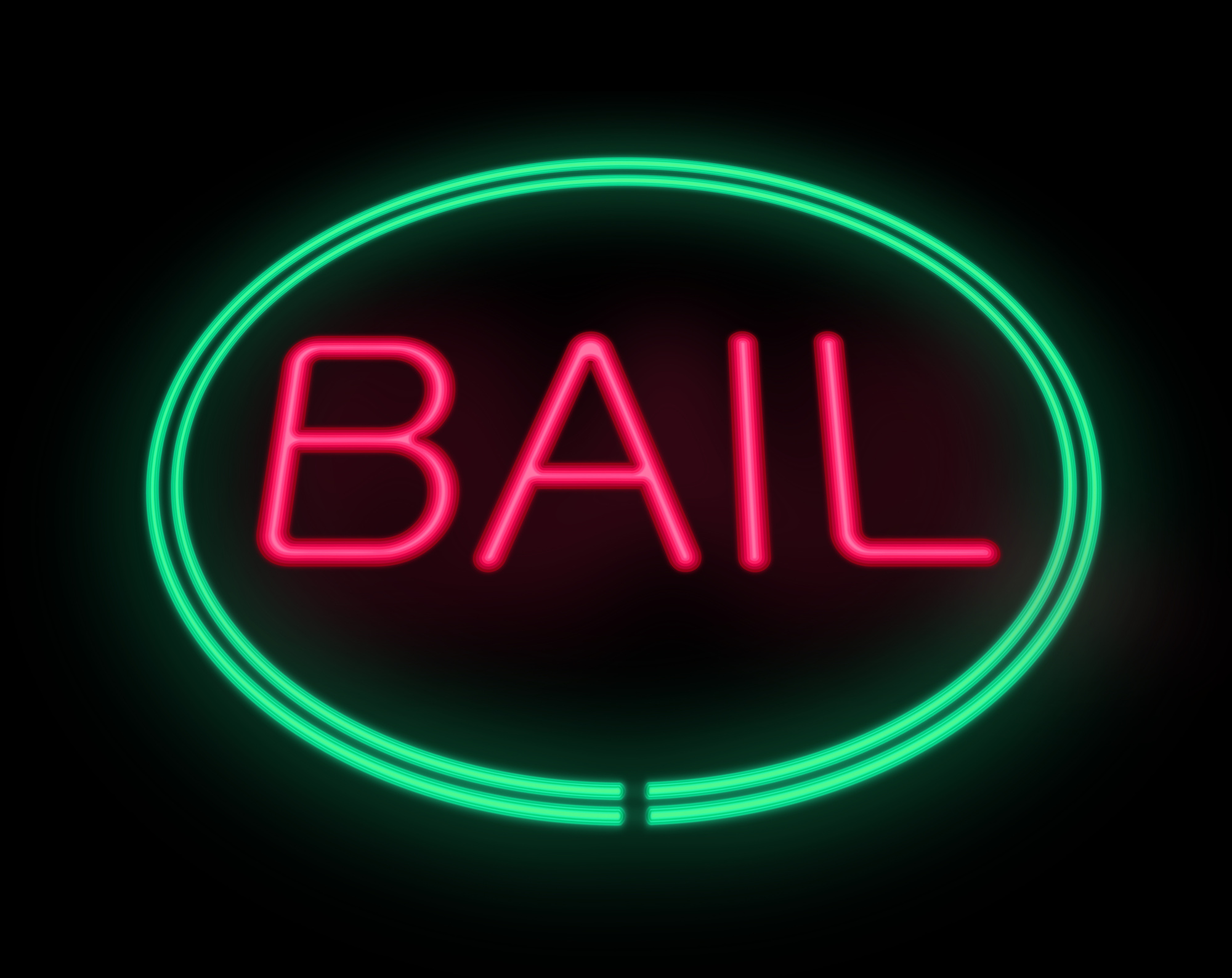
If you’ve watched a courtroom drama or two, you probably have a passing familiarity with what bail is.
However, not that many people know how the bail process really works. It’s not quite as simple as “post bail, get out of jail.” Learning about this process is a great way to gain valuable insight into the American legal system.
Here are the main things you should know about bail bonds.
The History
The practice of posting bail dates back to 13th century England.
One of the main reasons bail bonds were introduced was to balance the playing field. Even back then, people who were accused of a crime often had vastly different financial means.
The practice made its way to the United States when Massachusetts passed the Body of Liberties in 1641. By 1776, every country had their own version of bail law. Over time, this process continued to evolve into what we have today.
The Basics
Once a person is arrested by a law enforcement agency, he or she can either stay in custody until the trial or pay the bail amount.
After the judge sets the bail amount, the defendant can post bail with the court clerk. These funds are usually held by the court until the trial is concluded.
The point of bail money is to ensure that the defendant makes his or her court date. However, most defendants can’t afford to pay the full amount of the bail. This brings us to our next topic.
The Bail Agent
A professional bail agent is also known as a bail bondsman. Most bail agents work for state-regulated bail bond agencies, such as Raleigh Bail Bonds, LLC. Defendants can hire bail agents to post bail on their behalf.
By accepting this proposition, the bail agent becomes the defendant’s surety. if the defendant doesn’t appear in court at the scheduled time, the bail agent has to forfeit the bond amount.
Bail agents make a profit by collecting a premium from defendants. Most of the time, this premium will equal 10% of the total bail amount. Bail agents can also demand some sort of collateral, such as the defendant’s car or house.
There are only six states where bail agents are not allowed to operate. These are Nebraska, Illinois, Maine, Oregon, Wisconsin, and Kentucky.
The Precautions
As we’ve already established, bail agents are responsible for their defendants. Once the bail bond is posted, the defendant is basically released into their custody.
To protect their financial interests, most bail agents make themselves available to their clients at all times. If the defendant behaves properly, the bail agent will receive his or her funds at the conclusion of proceedings.
It’s also possible that the defendant doesn’t appear in court at the designated time. In this case, the bail agent may hire a bounty hunter to track the defendant down.
More on Bail Bonds
As you can imagine, this is only a cursory overview of the bail bond system. If you have more questions about this particular subject, you can contact us right here. We will get back to you as soon as possible!